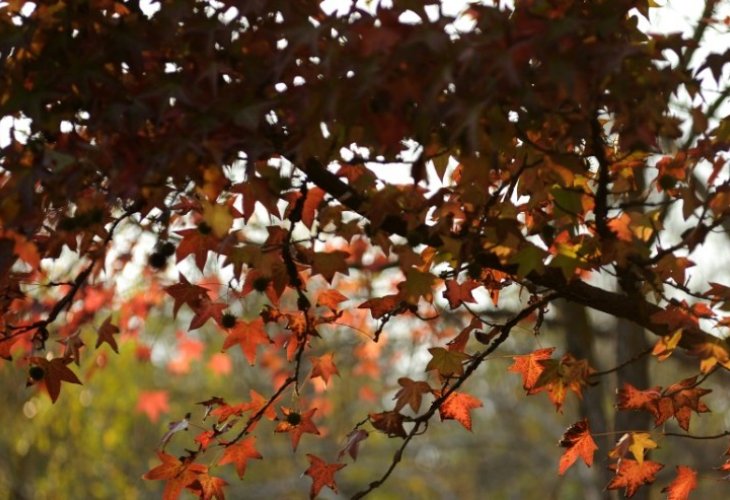Caring for a Private Ornamental Garden During the Sabbatical Year
A practical guide to maintaining your garden during the Shmita year while adhering to religious laws

Actions intended to improve the garden soil or vegetation are forbidden. However, actions aimed at preventing damage are permitted (according to the rules), therefore:
For ornamental gardens belonging to multiple neighbors who share expenses:
If all residents observe Torah and mitzvot: It is forbidden to perform prohibited work in the garden
If some residents don't observe Torah and mitzvot: If possible, try to pleasantly influence other residents not to perform work prohibited during Shmita
If some residents don't observe Torah and mitzvot: And you cannot influence them, there are 3 solutions:
When paying building maintenance fees, explicitly state that your payment is for other purposes and not for garden work.
Request an irrevocable power of attorney from the building committee, and go to the rabbinate to sell your portion of the garden to a non-Jew (to avoid being a partner in a transgression).
Renounce ownership of your portion of the garden in the presence of three people.
Trimming hedges or lawns:
If your intention is to promote additional growth or enhancement: Forbidden
If your intention is not to promote additional growth, but only for aesthetics or cleanliness: Permitted
If your intention is both to promote growth/enhancement and for aesthetics: Forbidden
The general rule for trimming hedges or lawns: If the intention is for growth or enhancement - forbidden, if for aesthetics or cleanliness and similar purposes, permitted.
Spraying and field cleaning
Spraying intended to enhance the tree or its fruits is forbidden during Shmita.
Spraying that is not intended to enhance its fruits is permitted. For example, spraying to prevent a tree from dying, or to prevent damage to most of the tree's fruits, or to prevent damage from insects or worms. Today, almost all spraying is done to save rather than enhance. Nevertheless, since there are several conditions in these laws, it's advisable to consult with a Torah scholar for any questions.
If wild weeds have grown in your field or yard that harm or interfere with other plants, block passage, or if you need the space to sit in the yard, etc., you may spray them to kill them (as already explained above, if you want to uproot them, you may do so, but you must follow the conditions explained, and it's advisable to consult a scholar in each specific case).
It is permitted to clean the garden of dirt and waste if the intention is for cleanliness and not for planting in the garden.
If snow has fallen on a field or garden and the crops will be damaged if the snow is not removed, it is permitted to clear it.
If snow has fallen on trees and is causing damage to the fruits (such as spoiling them) or to the tree (such as breaking branches, etc.), it is permitted to remove it, as this action saves the tree rather than enhancing it.
Similarly, if snow has fallen on an etrog tree and there is concern that the etrogim will be damaged and become invalid for the mitzvah - it is permitted to remove the snow.
Mice that damage the field or crops - it is permitted to trap them, and also permitted to use poison to kill them.
Wrapping fruits
Wrapping fruits for enhancement is forbidden. However, wrapping fruits to protect from damage is permitted. Therefore, it is permitted to wrap tree fruits in plastic bags to prevent damage from worms, insects, and birds. However, it is forbidden to wrap the fruits if done to enhance them or maintain an attractive external appearance.
Tying tree branches
For a person wanting to tie tree branches to prevent them from falling to the ground:
If doing so to enhance the tree or its fruits: Forbidden.
If doing so to prevent damage to the tree, such as preventing it from breaking or bending: Permitted.

